The 1913 Land Act of South Africa legislated the dispossession of land that had been underway in South Africa since colonial times. The Act legally restricted Black people from buying or occupying land in 93 percent of the country. Thousands of Black families were forcibly removed from their land. Later, potential African land ownership increased from 7 percent to just 13 percent in the 1930s.
The Land Act was only repealed in 1991 after decades of systemic inequality under Apartheid; that legacy is still felt today through widespread poverty and unemployment. Acknowledging the importance of land justice, the first law to be passed by the first democratically elected parliament in 1994 was the Restitution of Land Rights Act to make provision for the restitution of rights in land to people or communities dispossessed of these rights through the racially discriminatory laws of 1913 and thereafter.
***
The rural village of KwaCebekhulu is outside Empangeni on the KwaZulu Natal North Coast where my mother grew up. The Cebekhulu tribe’s land was forcibly taken away through Apartheid laws. In 1995, under the new democratic government, the community lodged a land claim. The land was owned by major sugar producer Hulett/Tongaat Hulett and used to farm and process sugarcane until 2019, when the farm, called Dube Ridge Estate, was closed due to false accounting practices, leaving many community members unemployed. A year later, and fifteen years after the initial claim, the Cebekhulu finally came back into possession of the farm.
Though I am based in Cape Town, much of my photography work is based in Empangeni, photographing the rural community on visits to my mother’s family home. My younger brother first told me about the farm when I was looking for new subjects to shoot in 2020. A visit to the site found the farm closed but unchanged: farming equipment, farm buildings, and the workers’ accommodation remained.
On a later visit home in March 2022, I discovered the community leaders’ unlikely plans to turn the farm into a game reserve, bringing in wild animals for tourists to view. My second trip to the site was with my mother to buy furniture from the old farm buildings the community leaders were selling along with the farming equipment.
Demolition has already begun on the farm to make way for the new plans. This raised a pertinent question for me about who stands to benefit from the successful land claim: a handful of Cebekhulu family members or the entire community?
While politicians are often asked about land reform and its success, I am more interested in asking the people living through the process. I would like to use my photography, and my personal proximity, to truthfully record the events happening in the village and to visually investigate the effects historical land issues have had on individual members of the community.
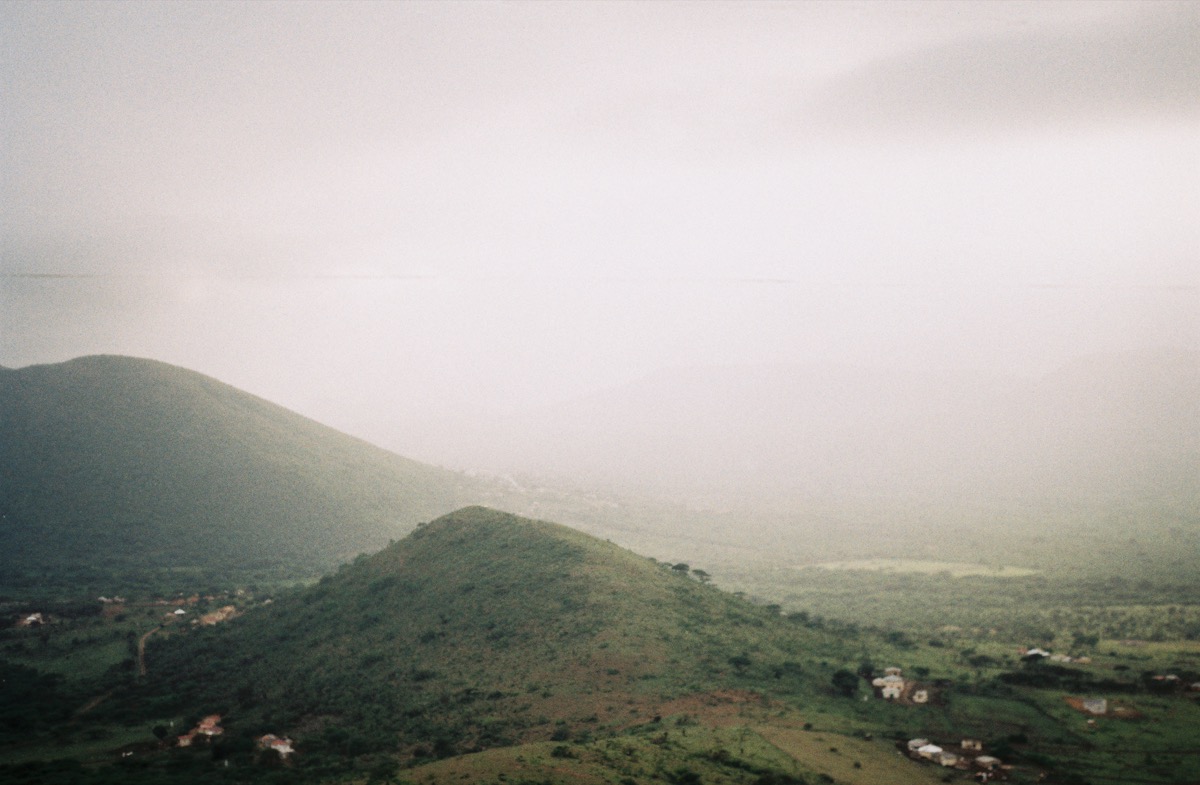
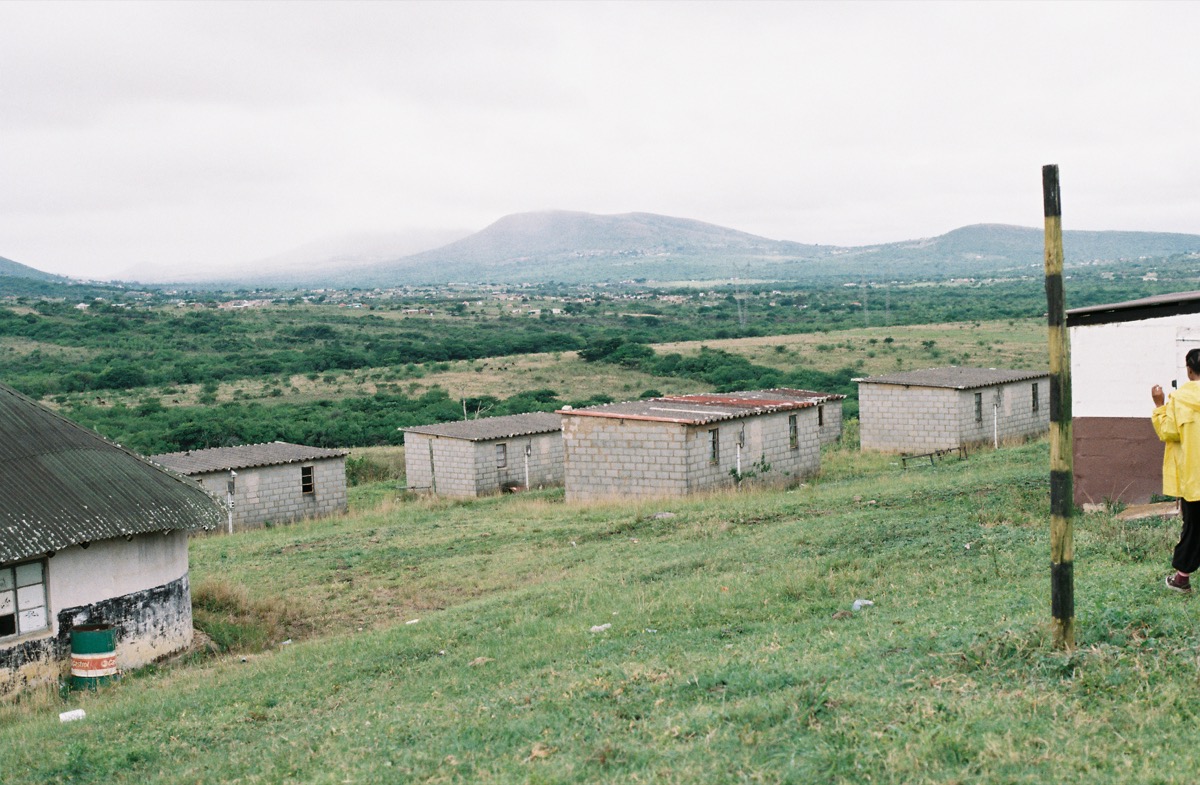
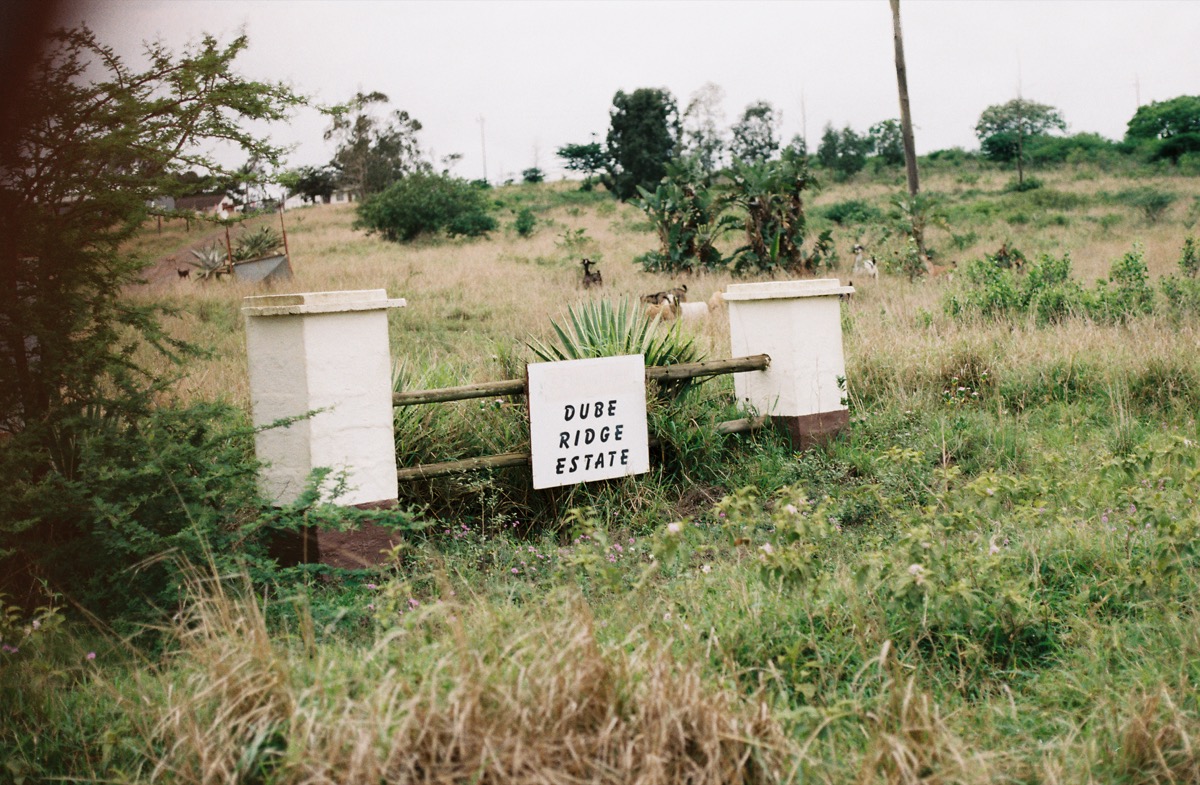
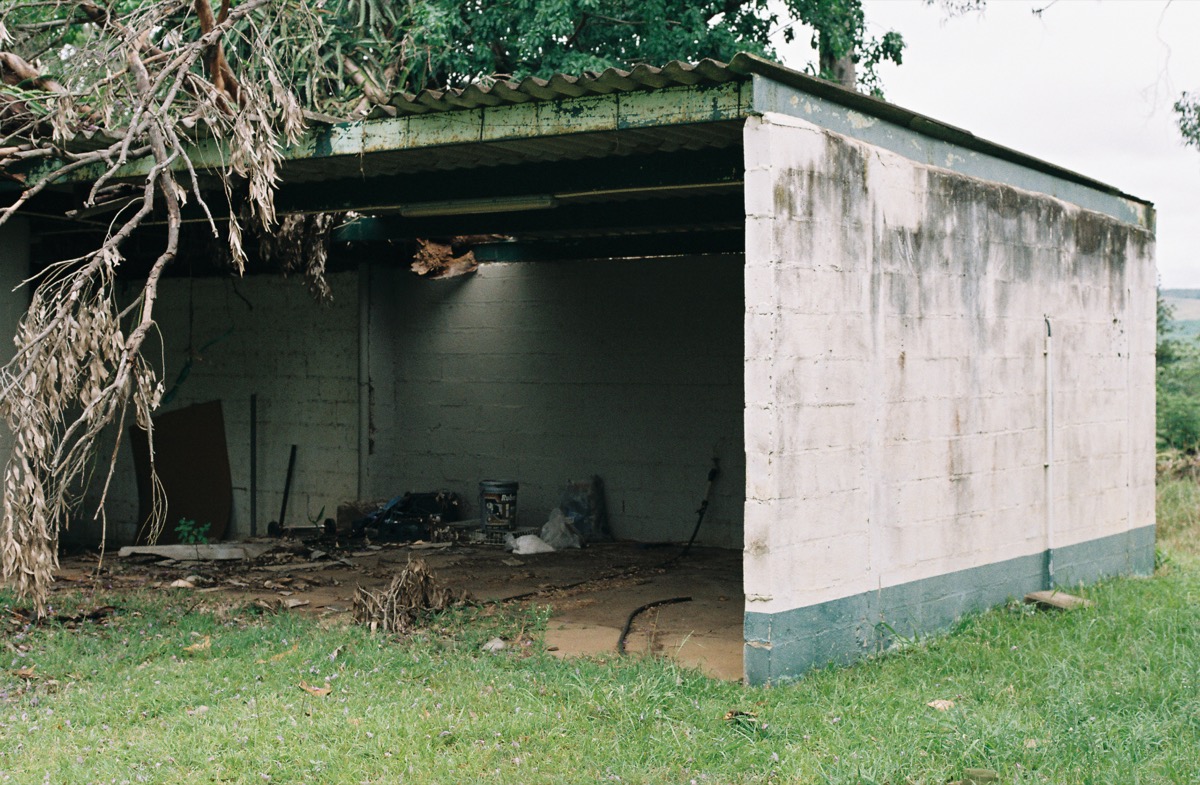
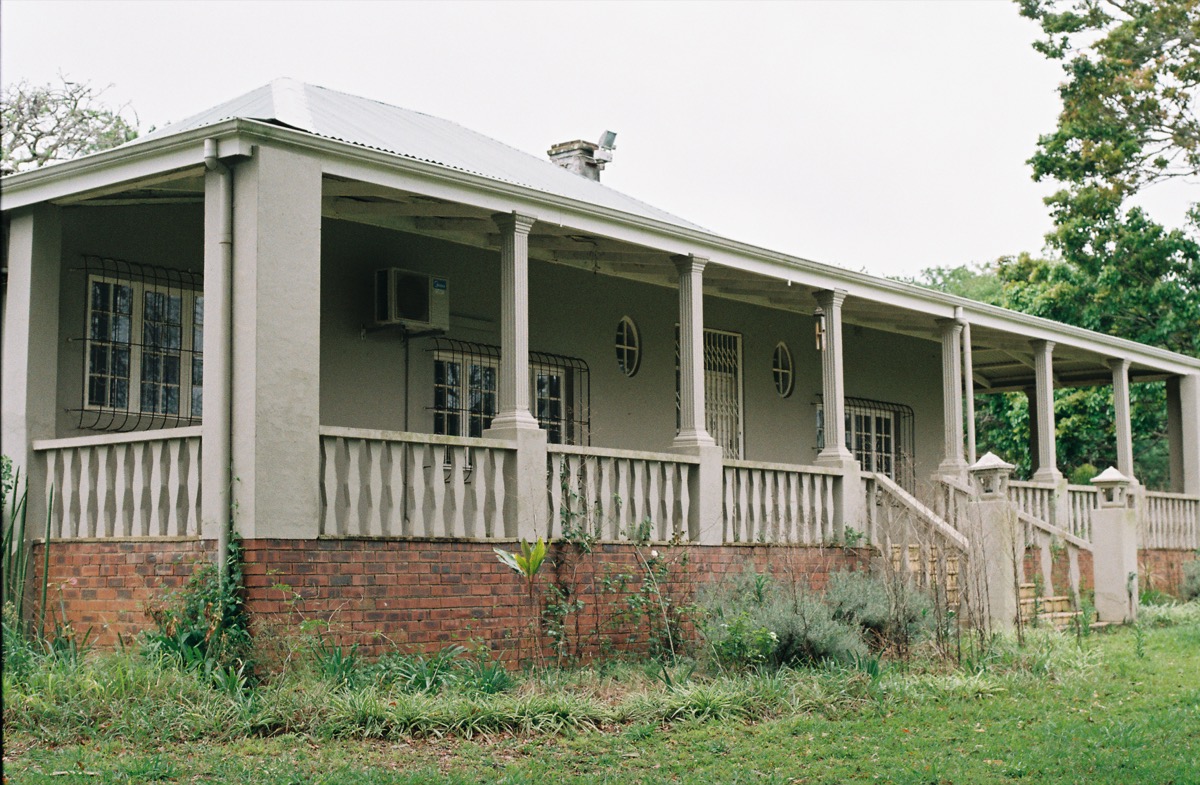
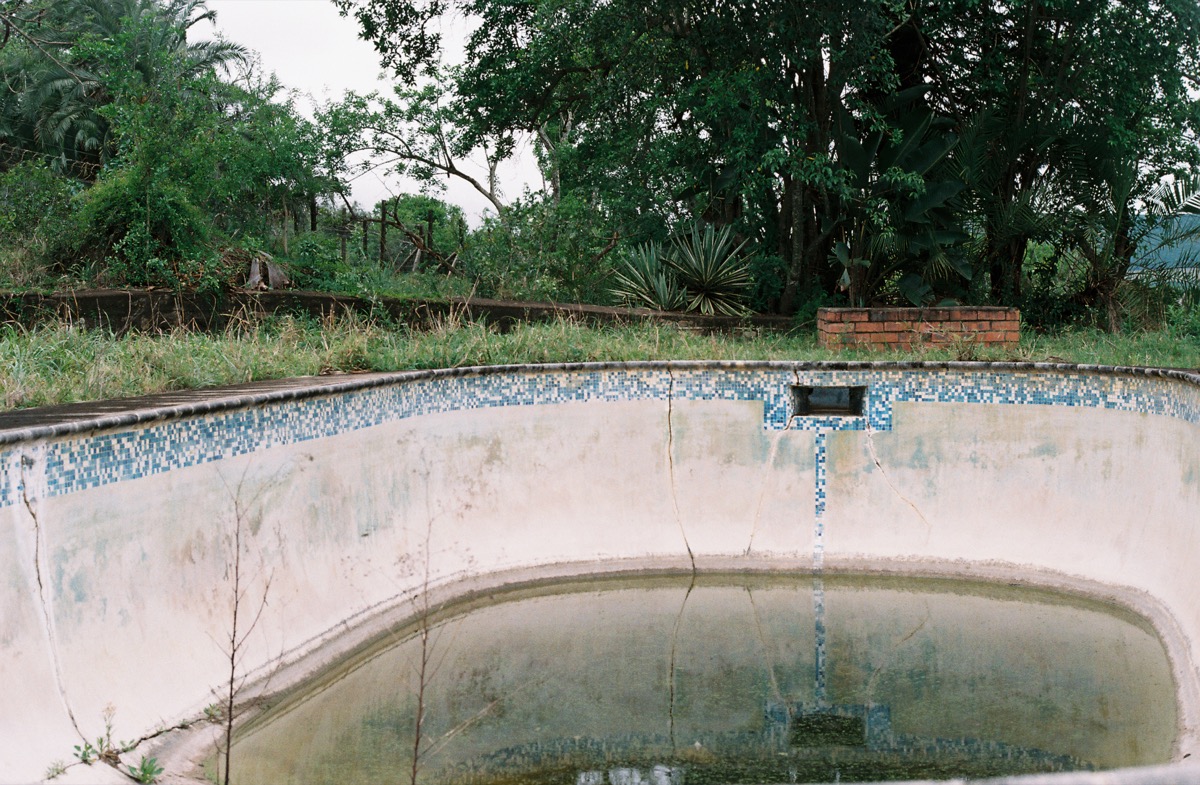
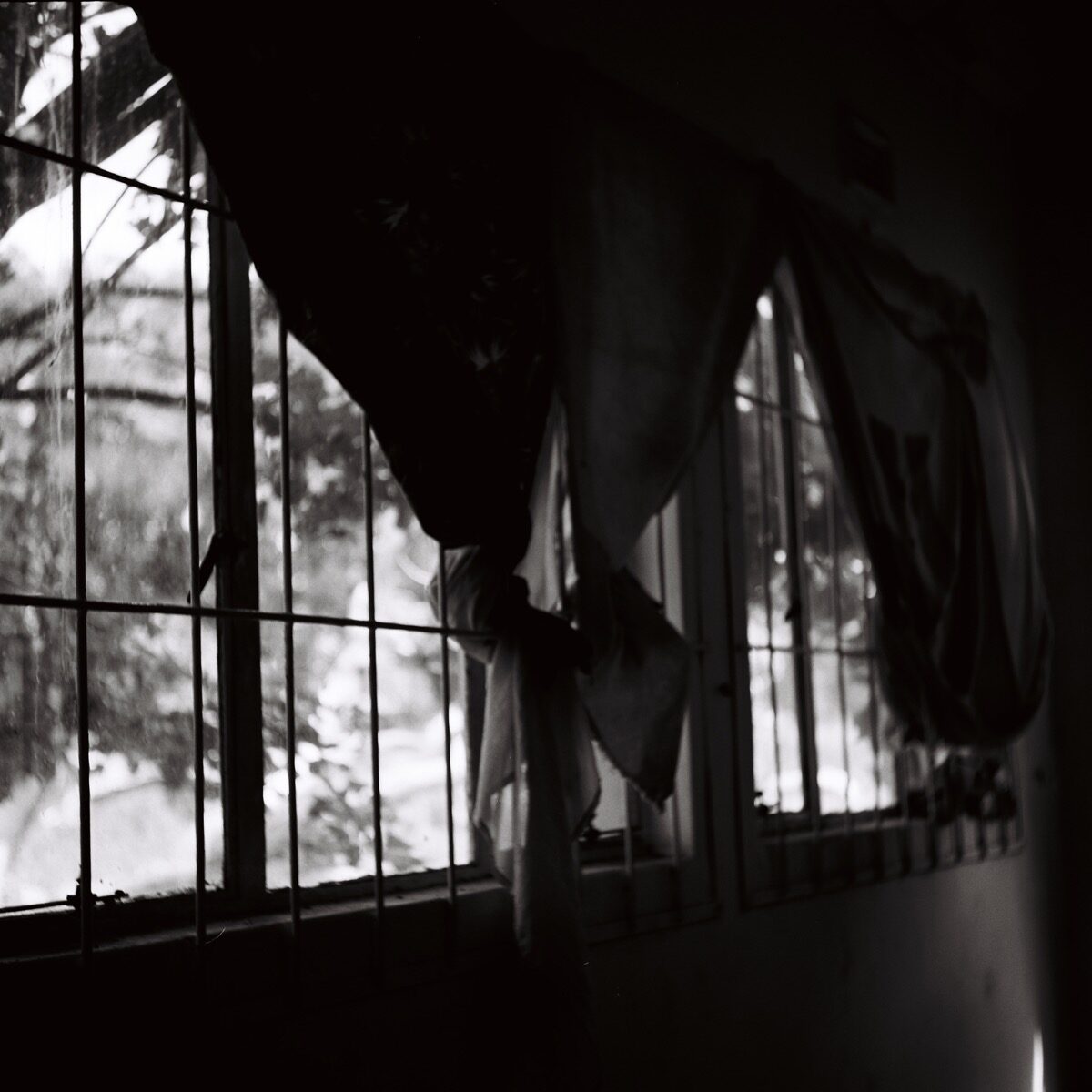
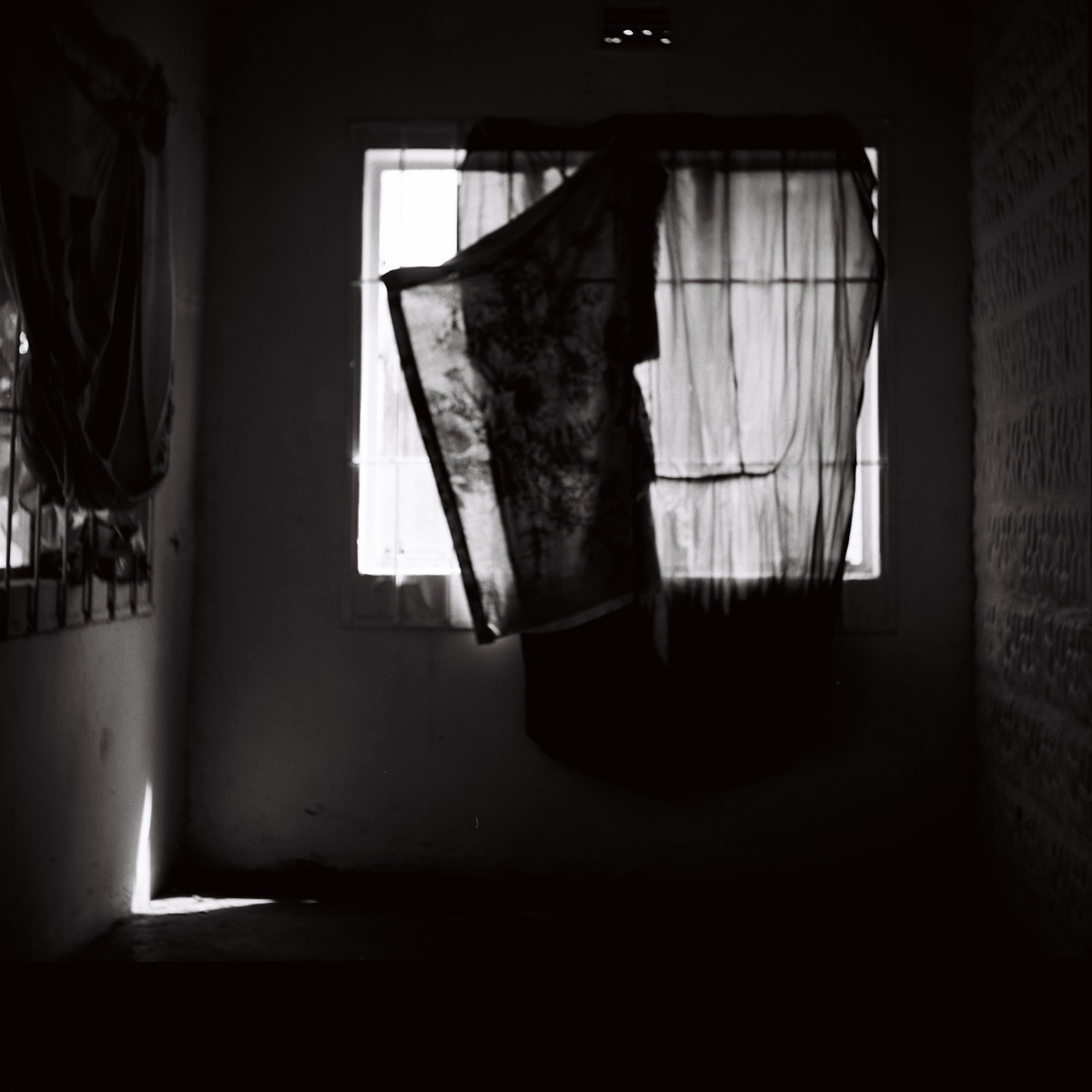
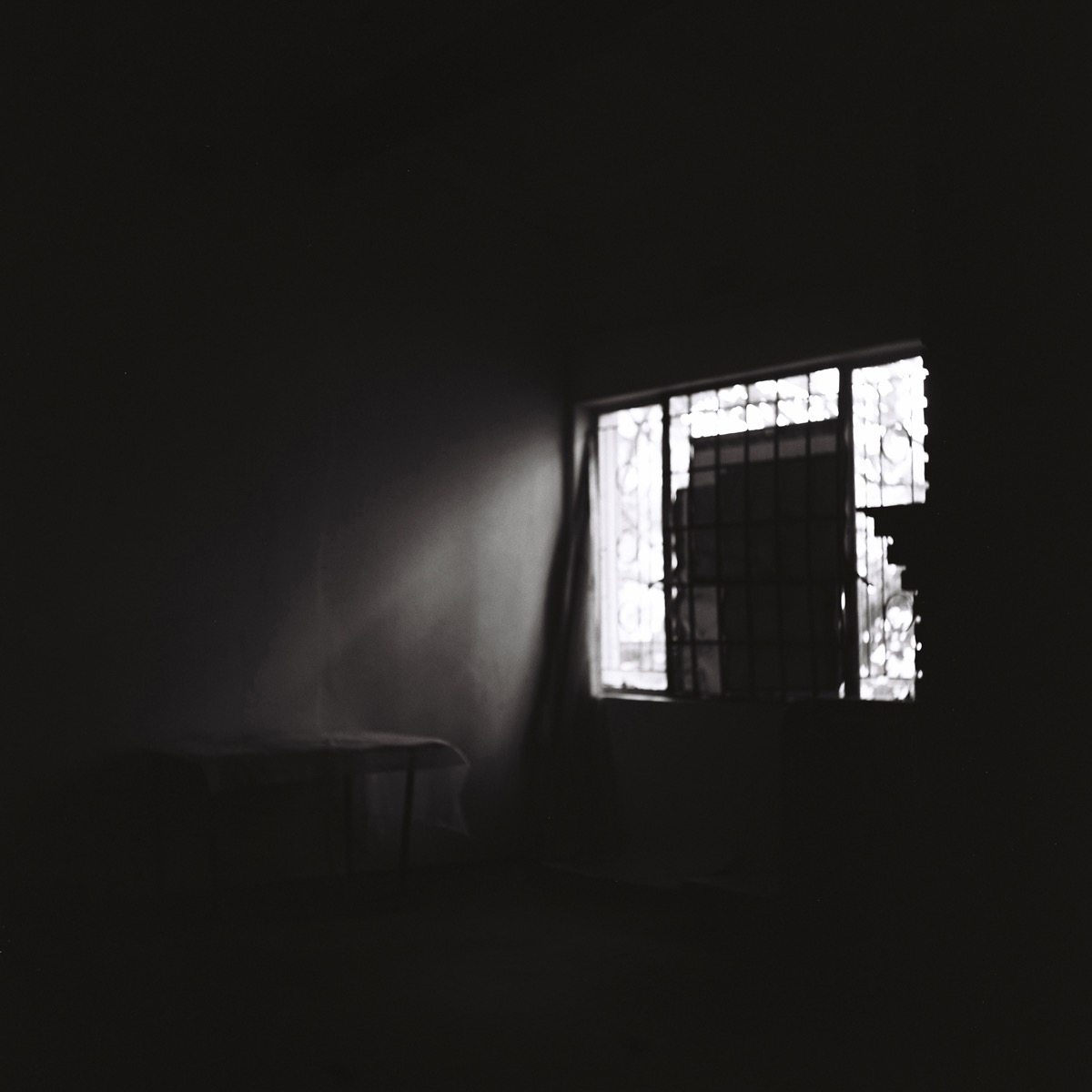
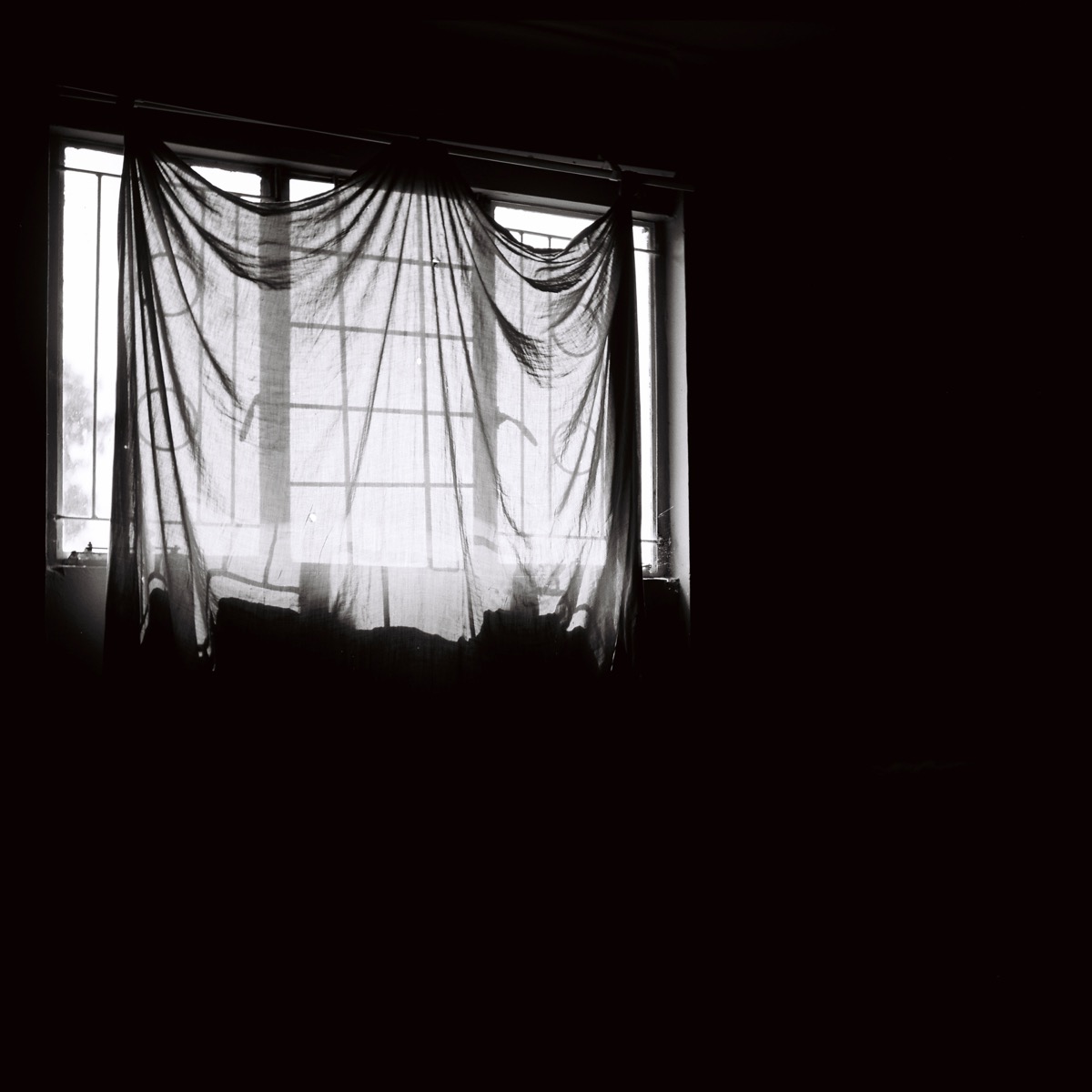
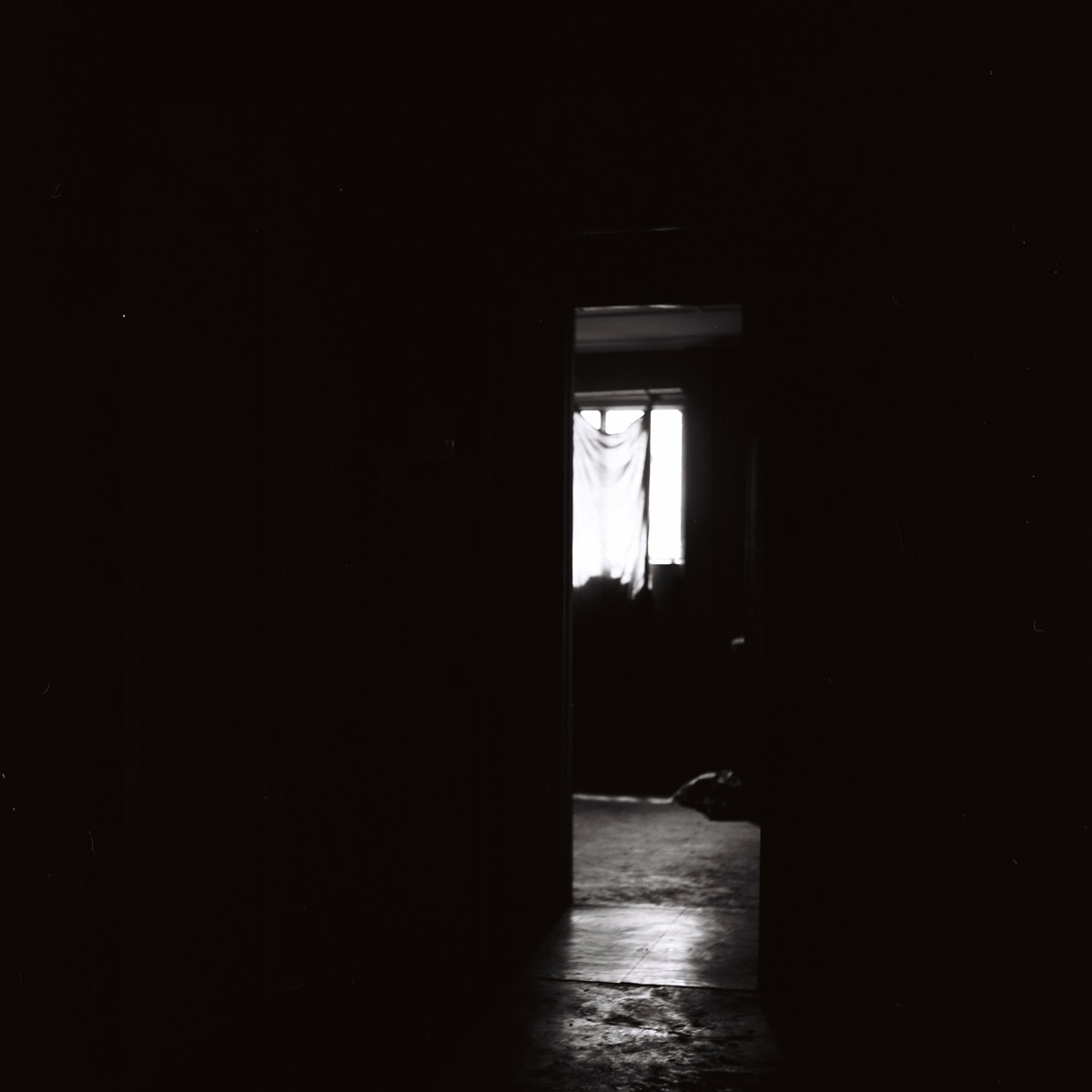
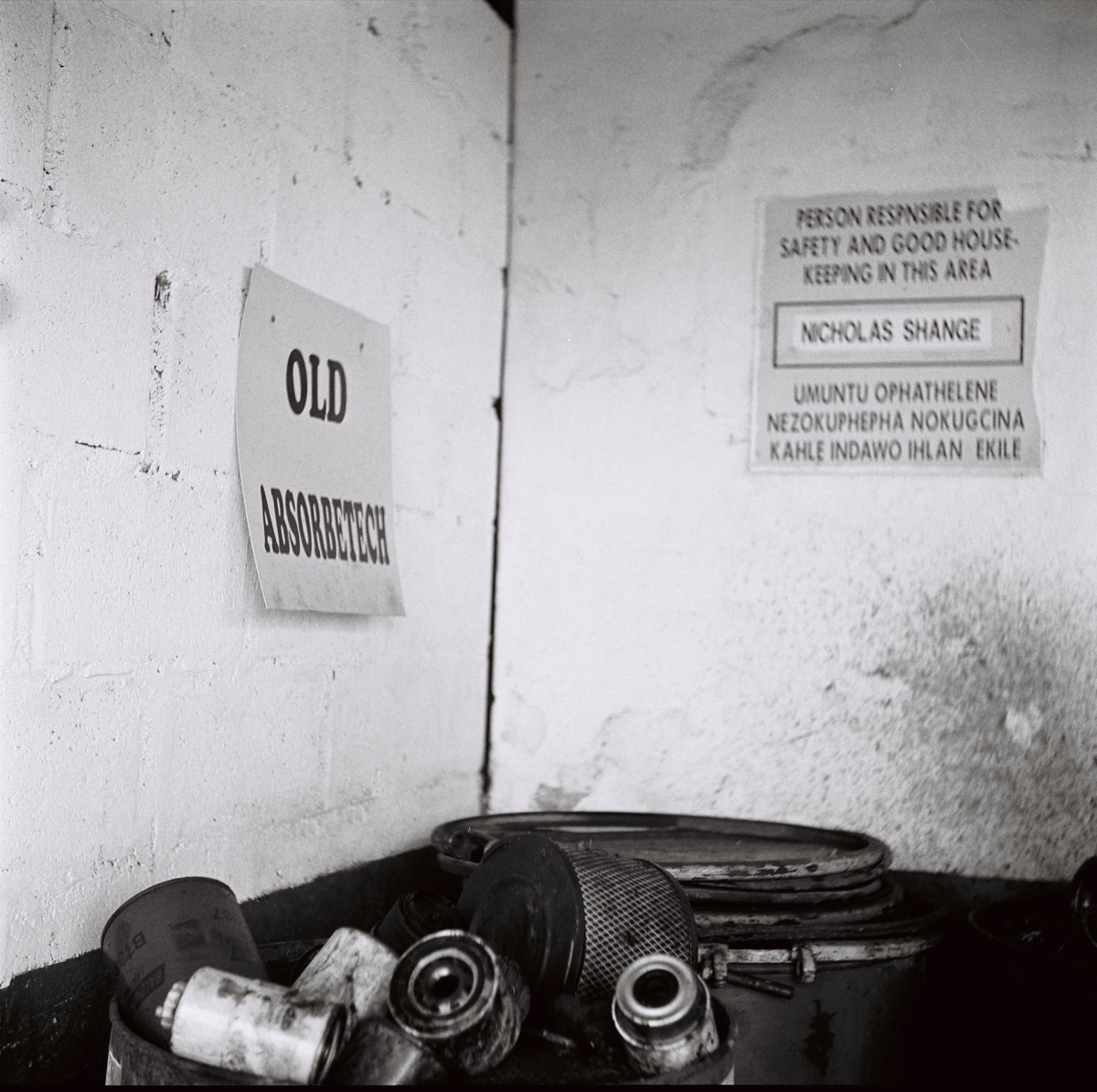
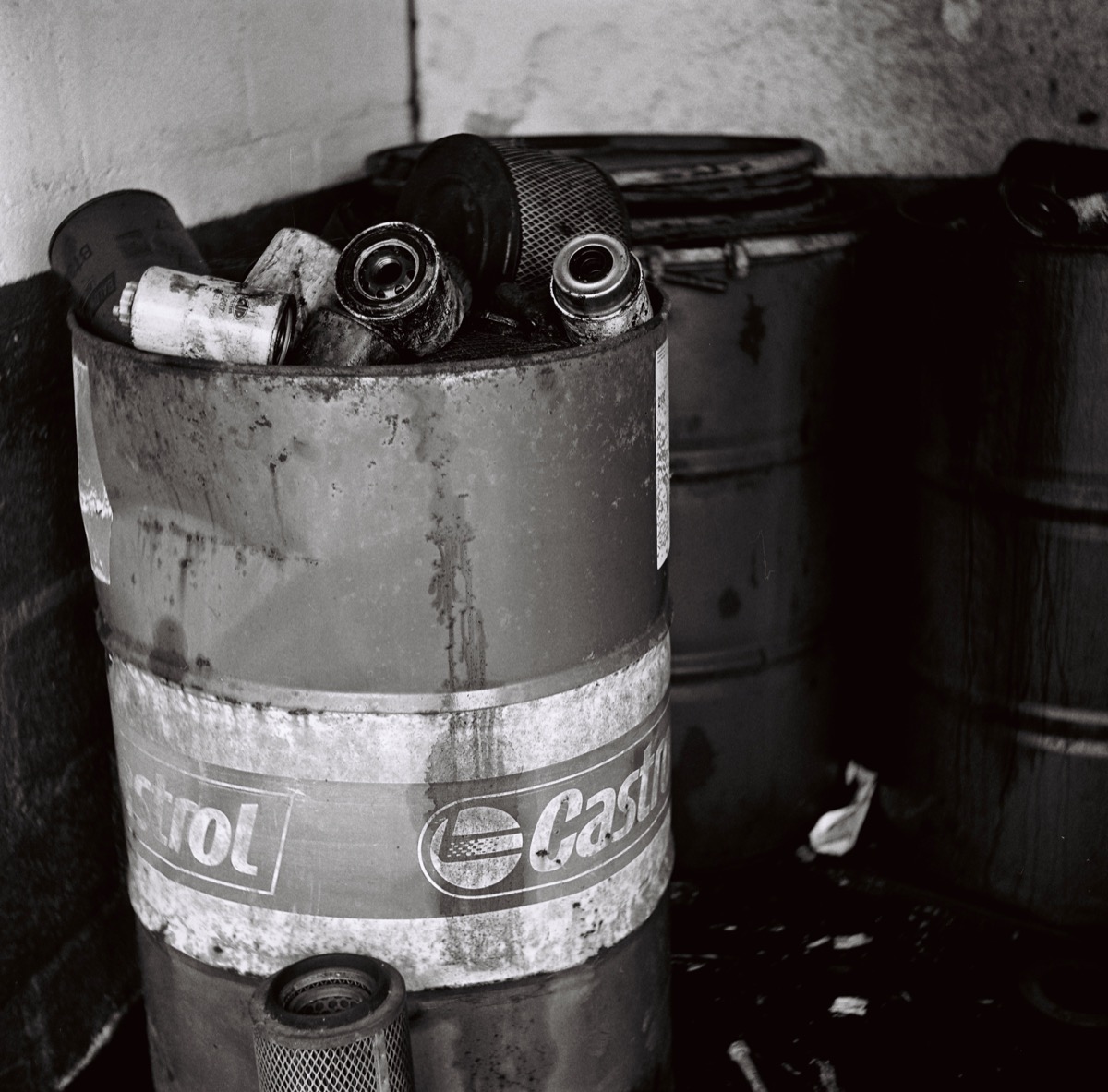
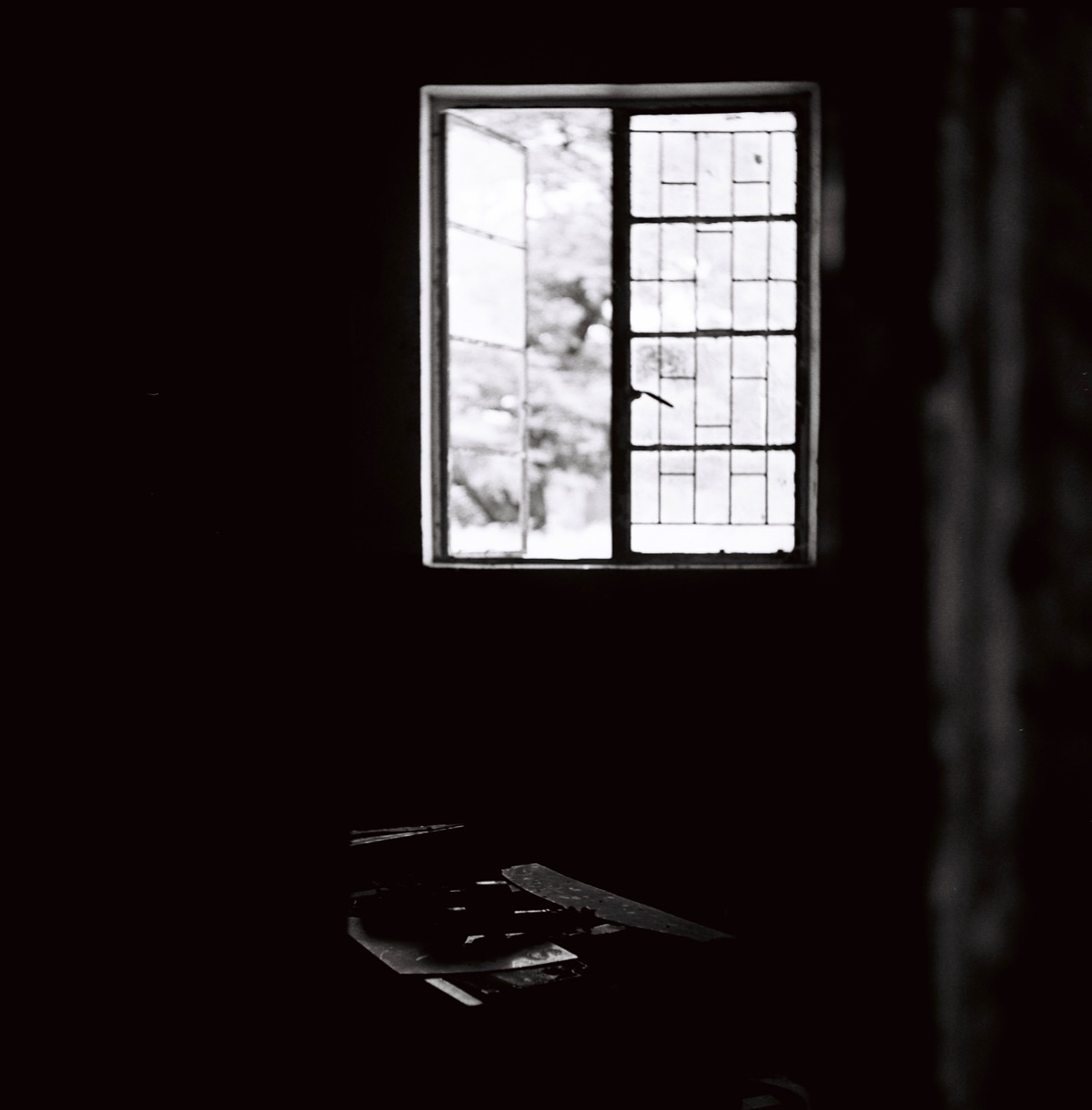
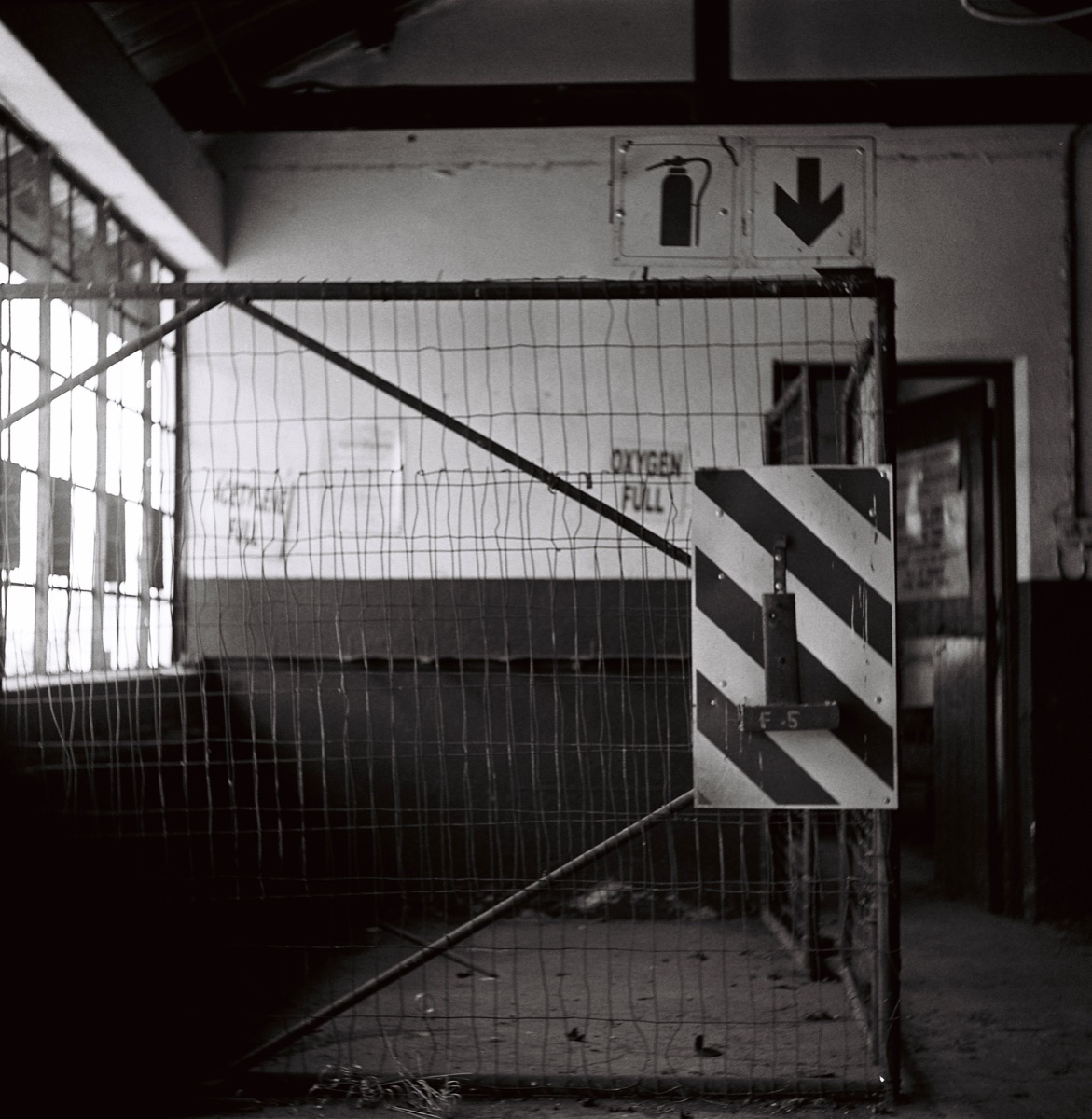
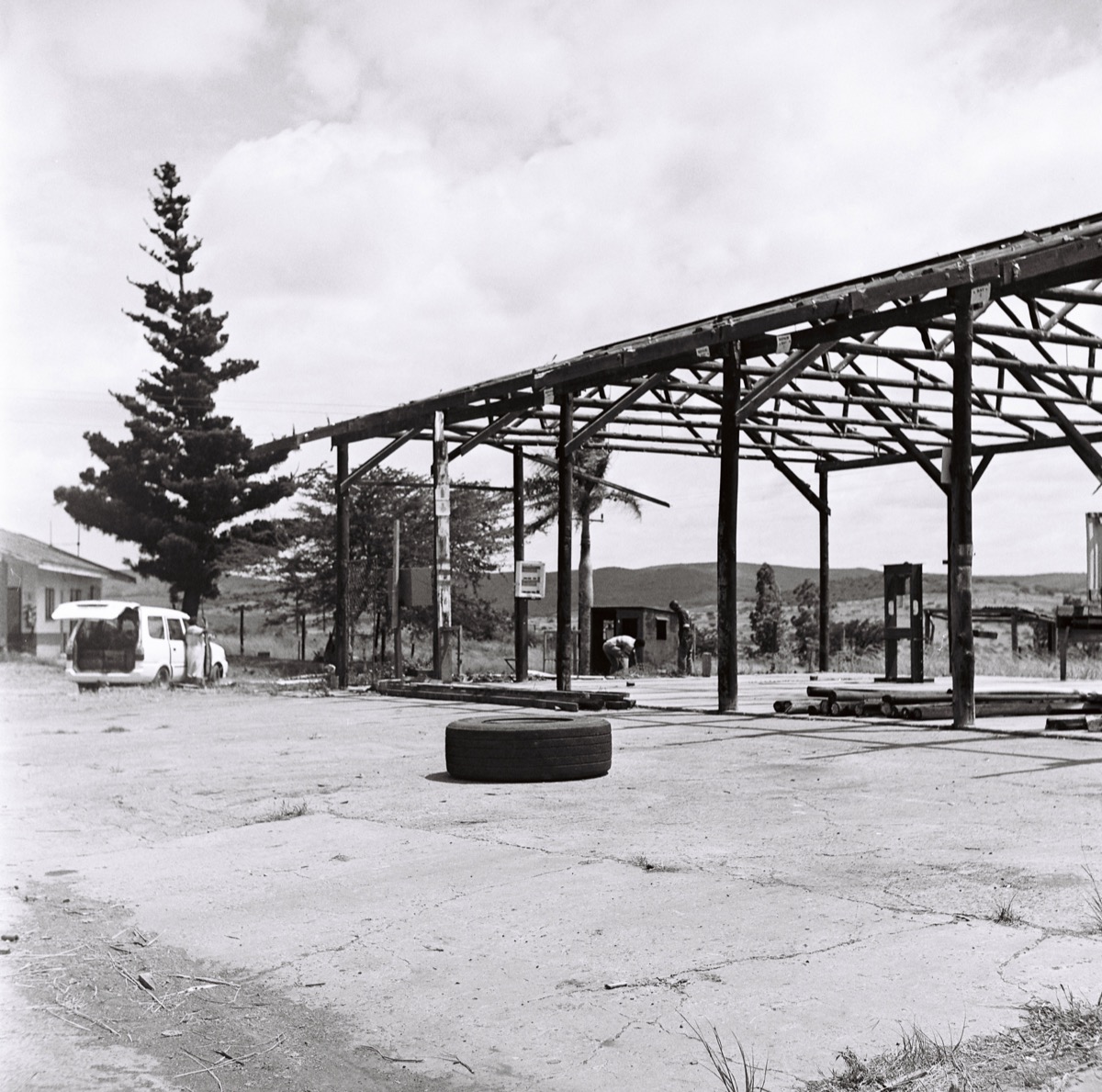
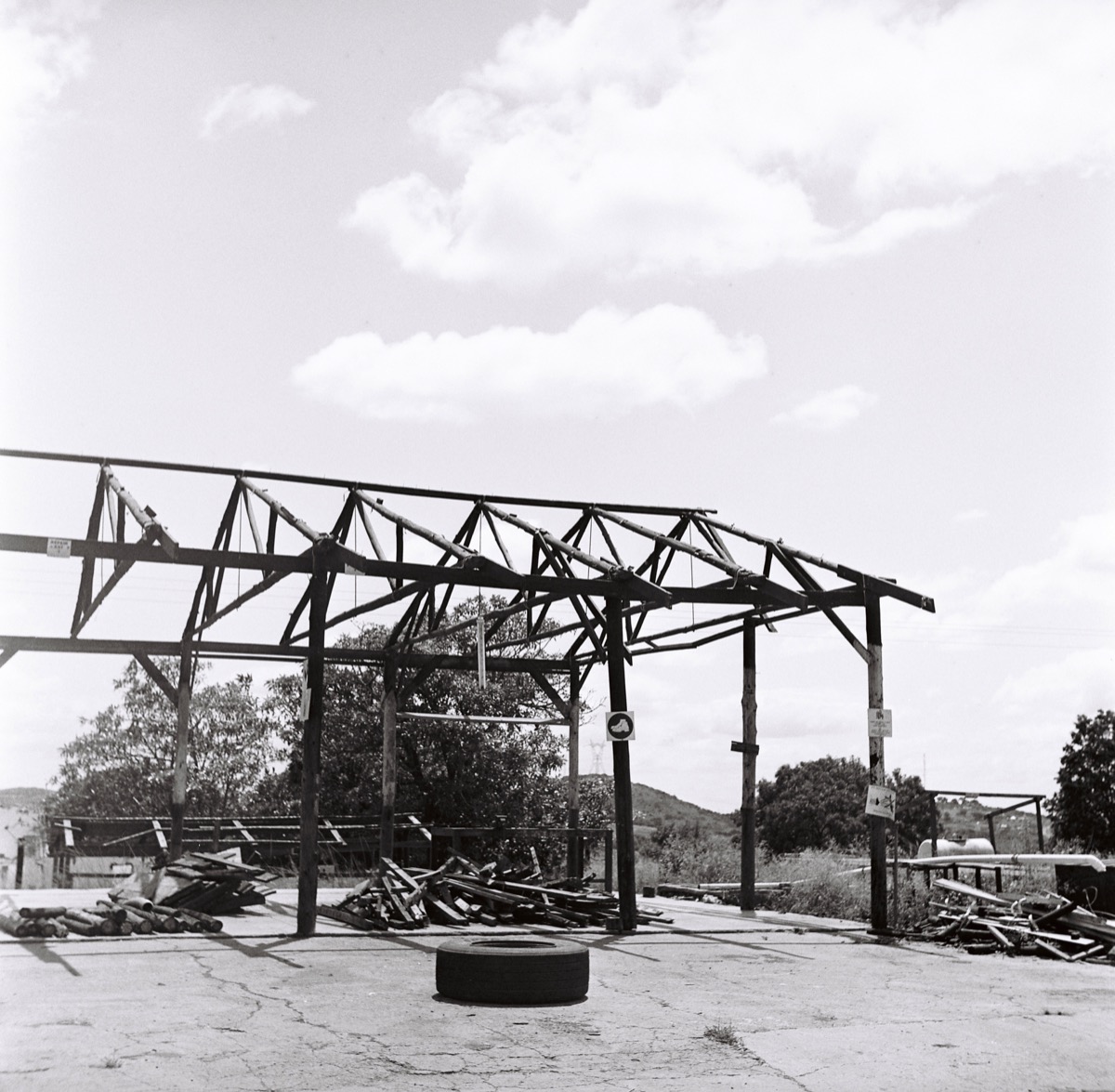
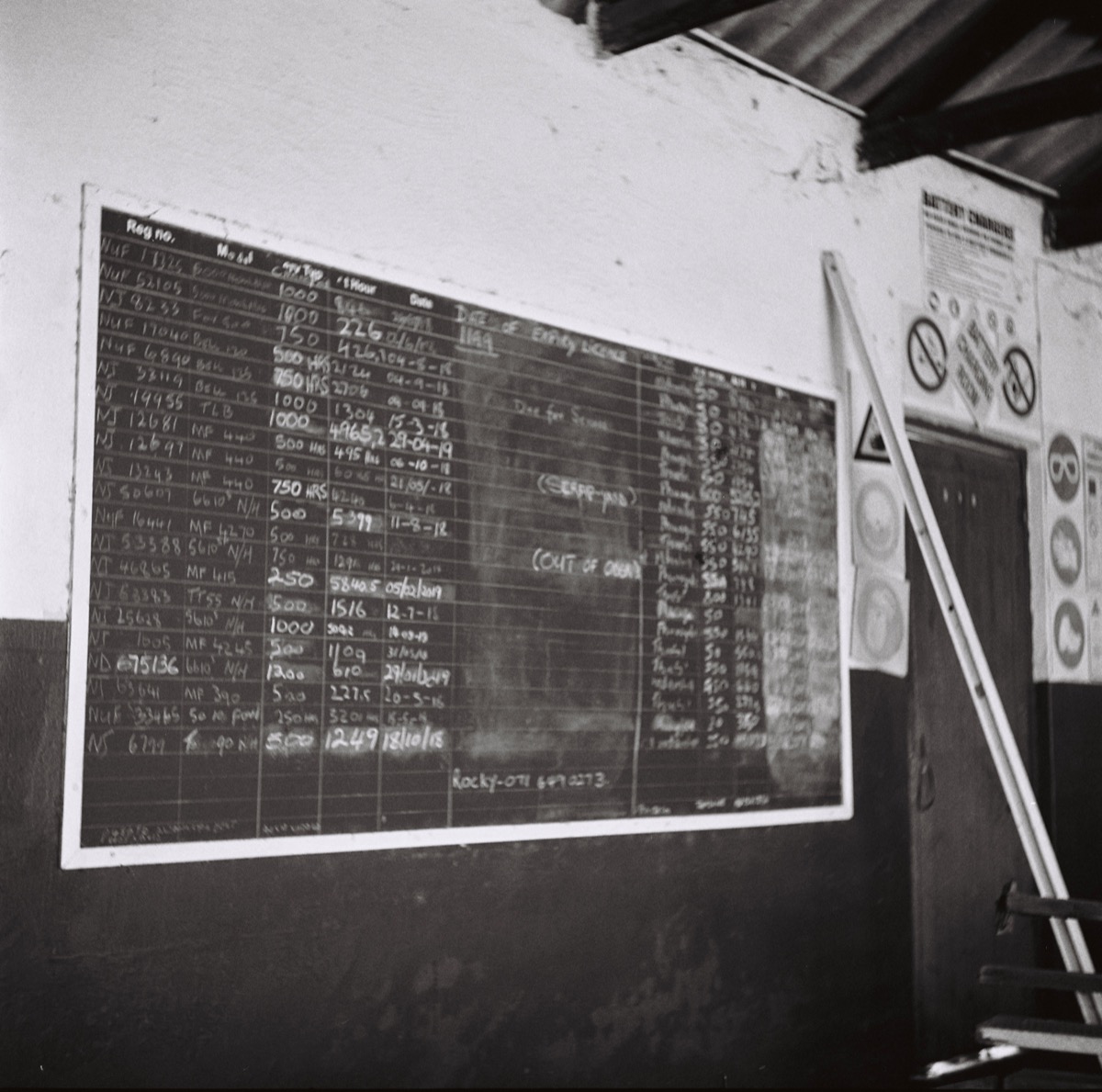
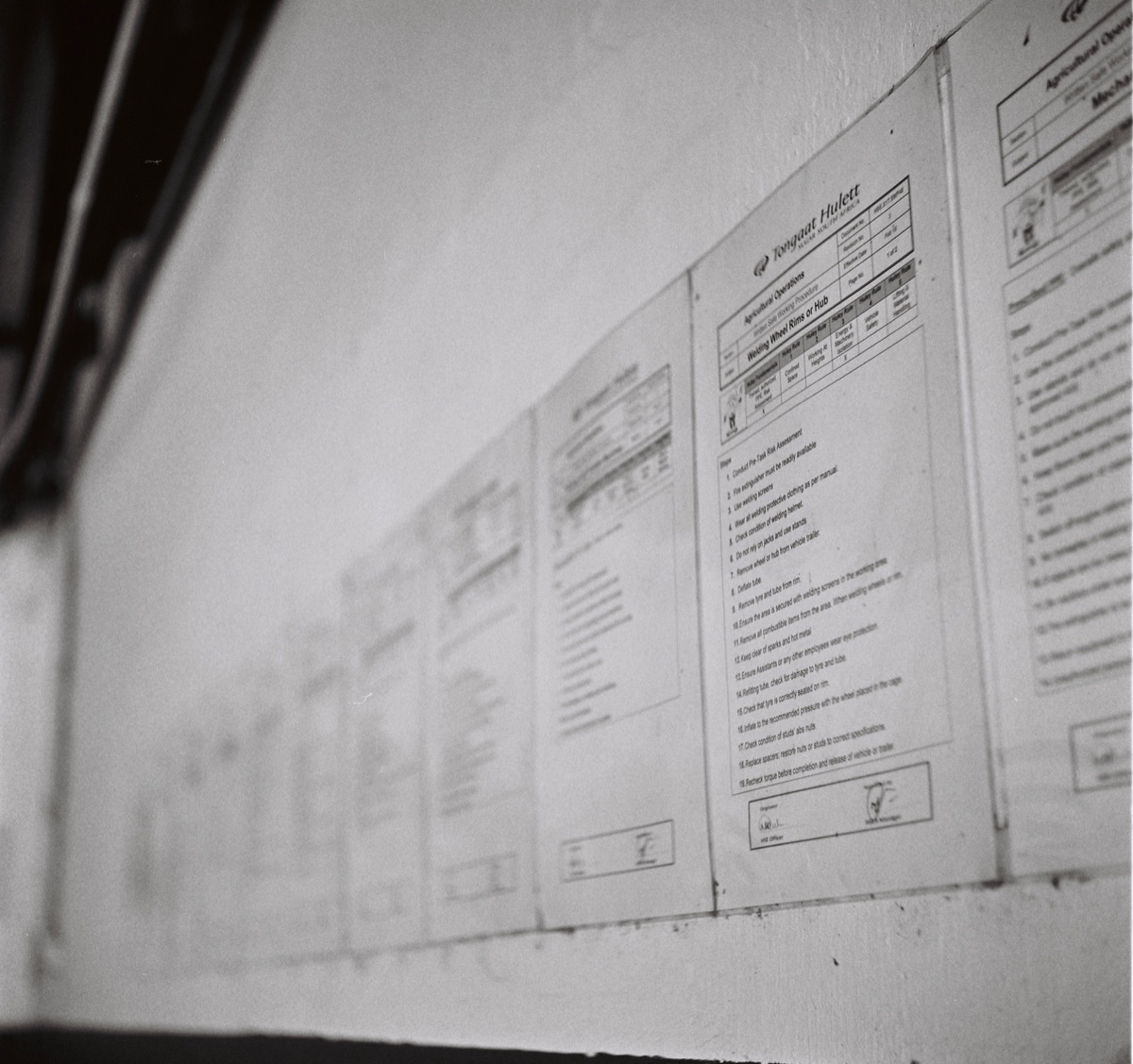
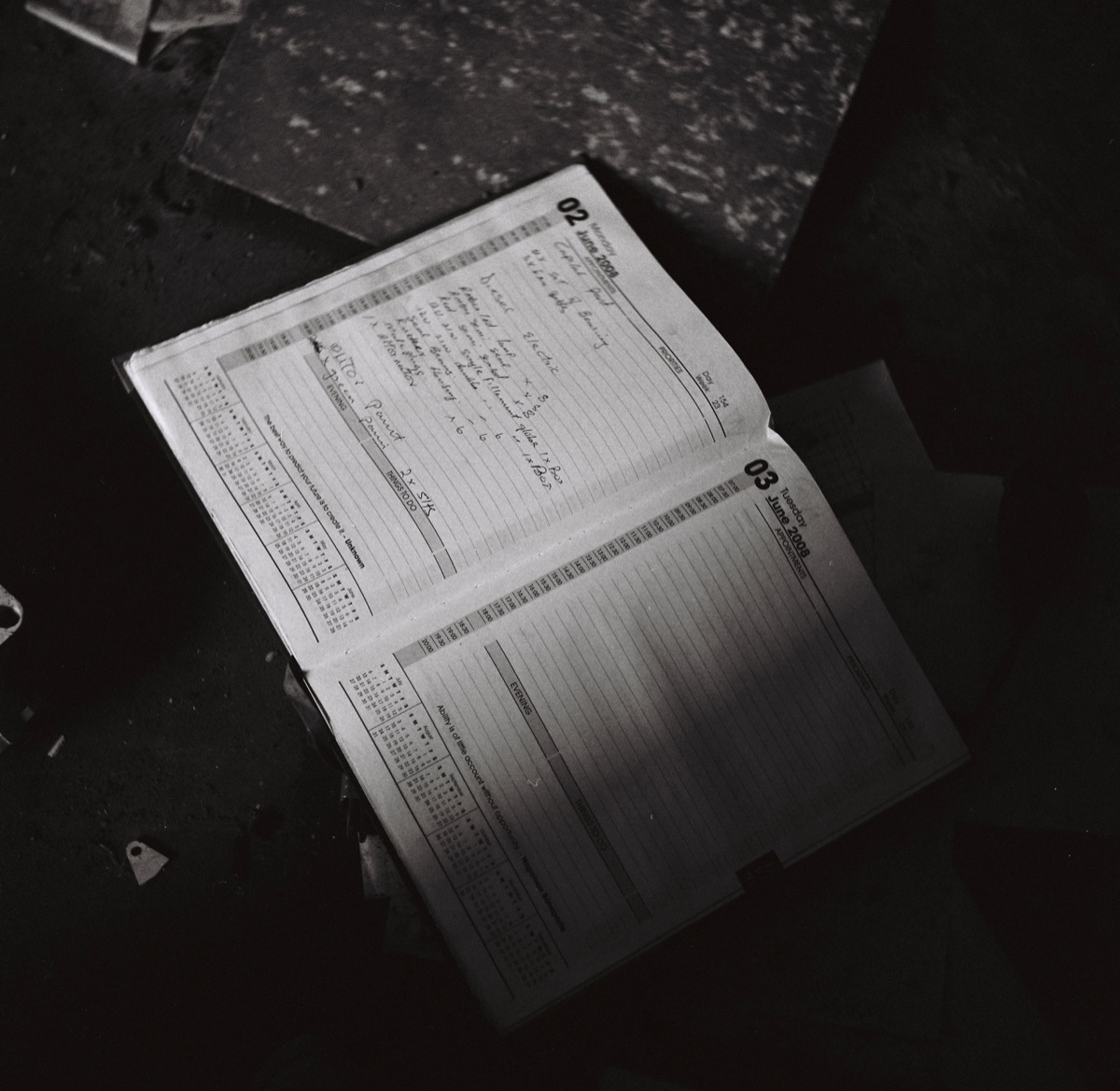
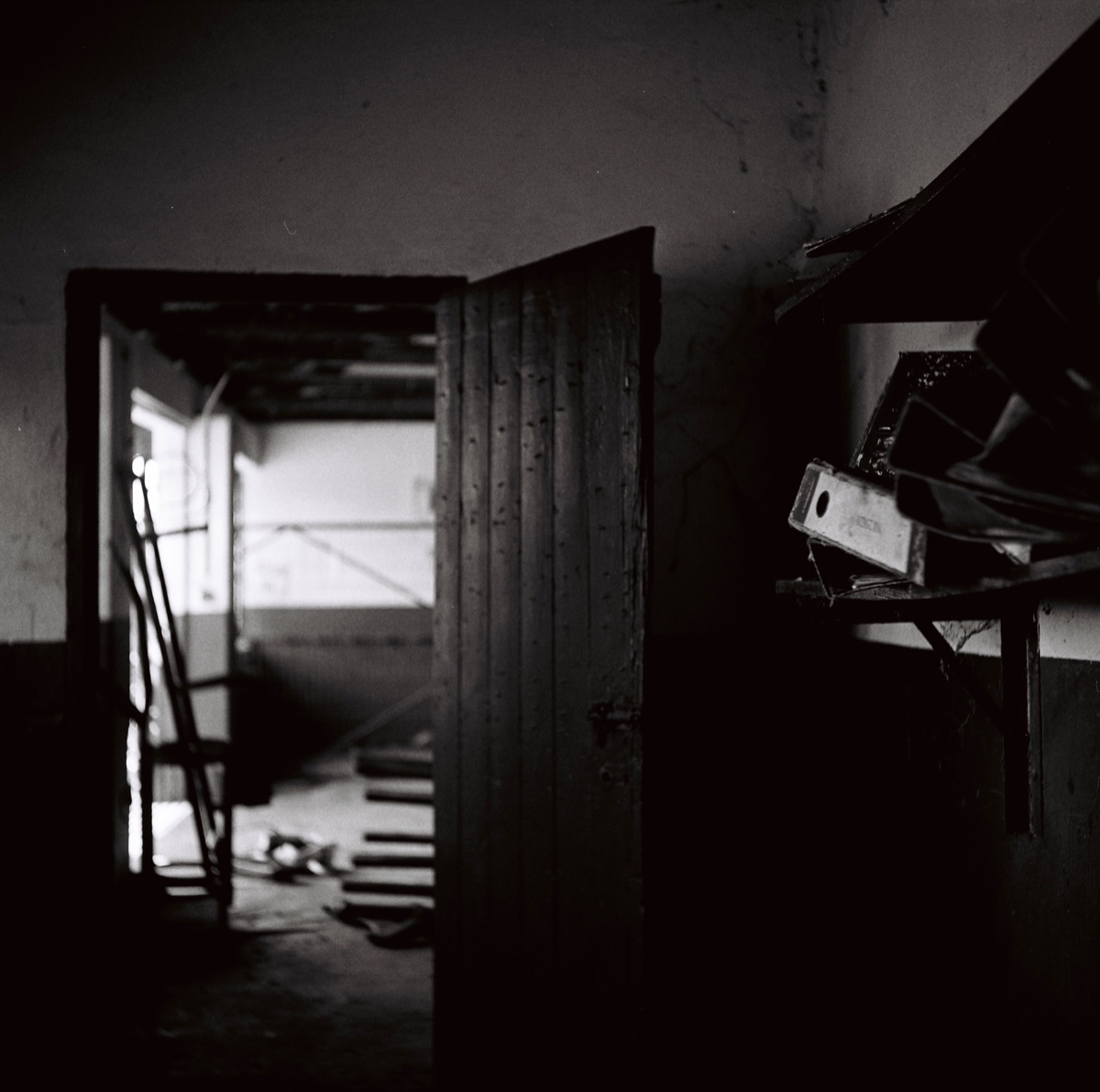
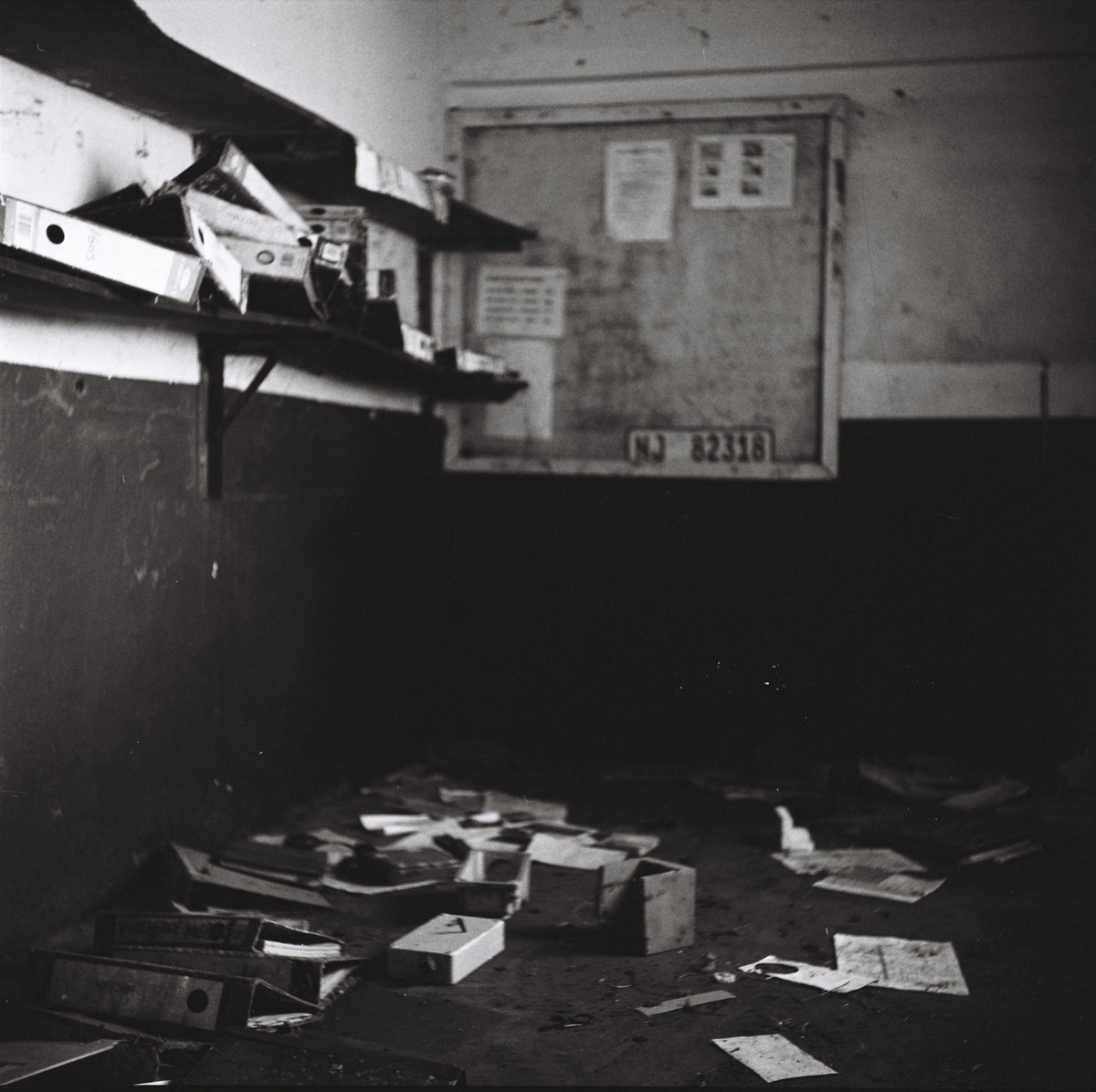
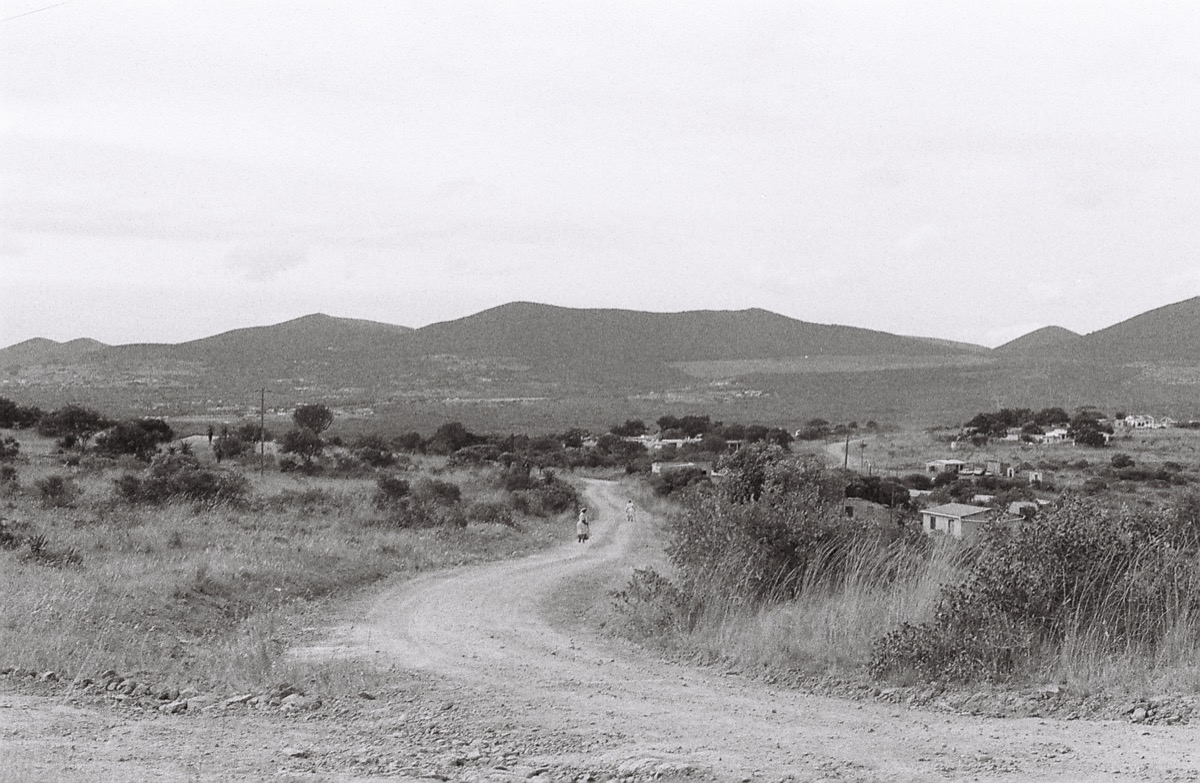
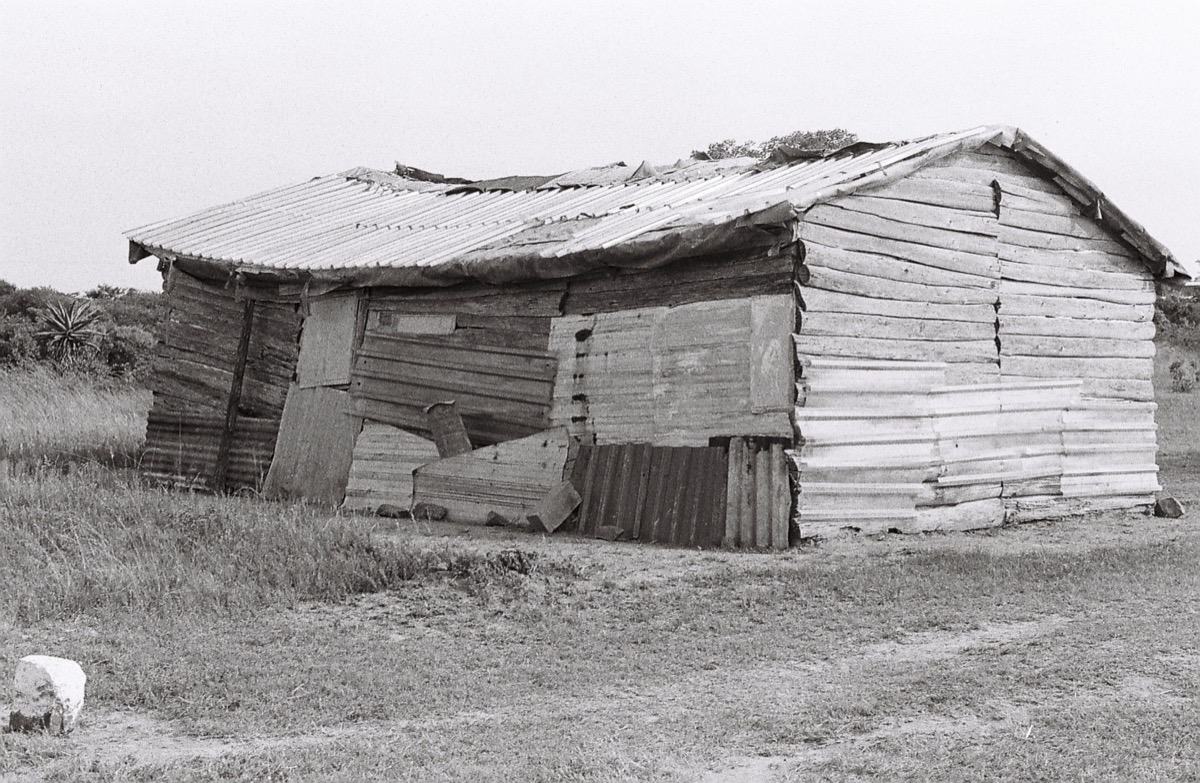
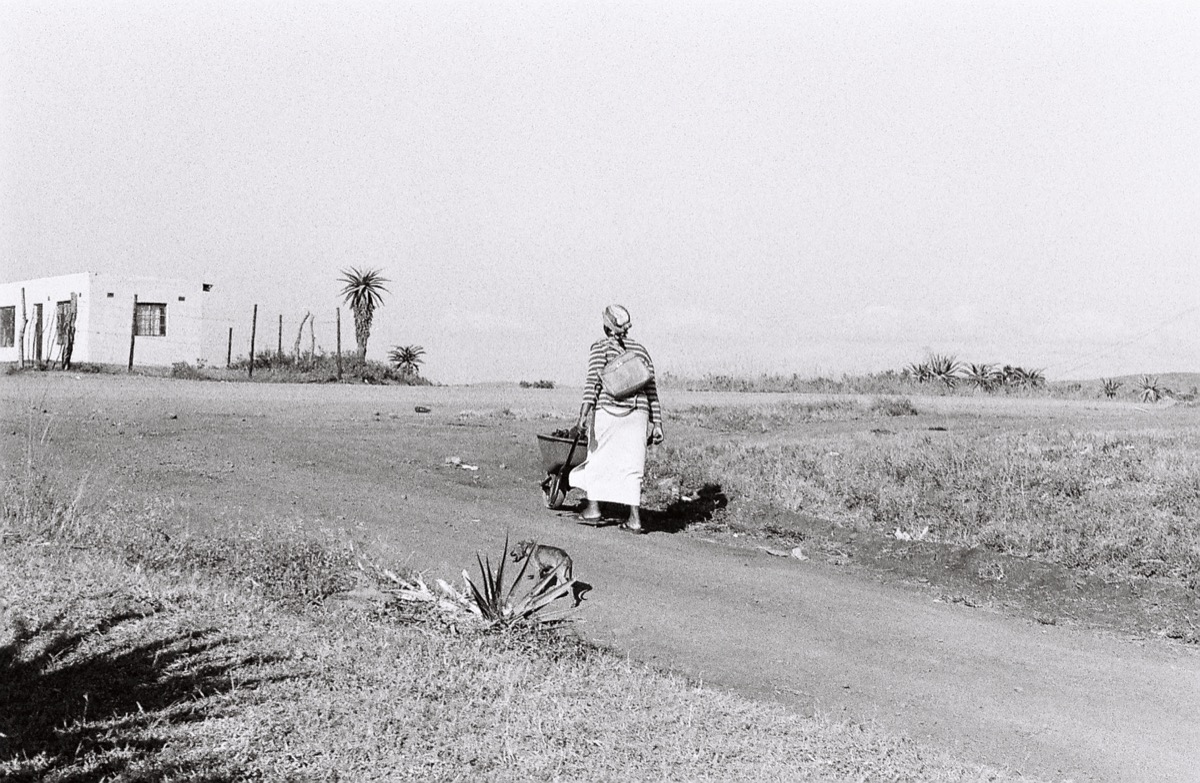
South African documentary photographer Bongeka Ngcobo grew up in Hammarsdale, a township on the outskirts of Durban in KwaZulu-Natal. She holds a diploma in journalism from Varsity College and a BTech in photography, specialising in portraiture and documentary photography from Durban University of Technology. Through self portraiture, intimate portraits of others, and explorations of her environment, Ngcobo’s personal work focuses on internal dialogues about identity. Ngcobo’s work was nominated as an Emerging Creative in 2019 by the Design Indaba and was awarded a scholarship from Orms Cape Town School of Photography. Her work has been published in local and international publications and she has exhibited as part of “Point Blank Photography and Activism” at PH Centre in Cape Town and Oath’s “House of Love” exhibition in Cape Town.